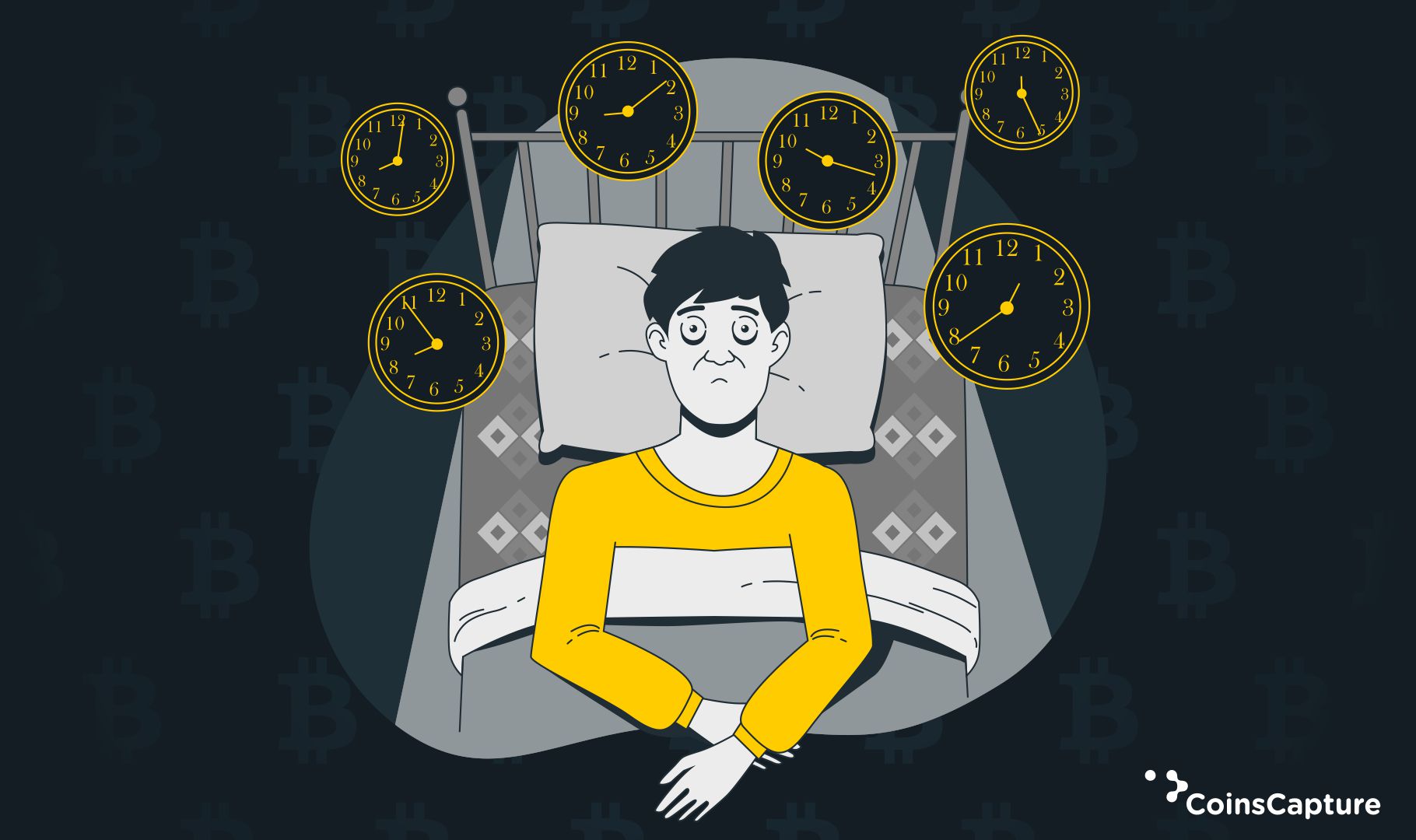7 November 2025
7 Reasons Behind Bitcoin Transaction Delays
Bitcoin was the first cryptocurrency that was introduced along with its underlying blockchain technology. It has been in the crypto space since 2009 and has firmly stayed as the first largest cryptocurrency to date. At the time of the writing, it is swinging on its all-time-high of $34,000 approximately. Investors and potentials are attracted to this sparkling high currency like never before - it’s just not in the news but it’s become the lighthouse of the cryptocurrency world.
In the bitcoin network, approximately every 10 minutes a new block is created and added to the blockchain through mining. For instance, if Sheldon sends 1 BTC to Leonard, it will stay as unconfirmed transactions, until and unless a new block is created, verified, and added to the blockchain network by the miners.
Saying that, the more the bitcoin network is flooded, the more impact it will have on its confirmation cycle causing delays in its transactions. The sooner you want the transaction process to be completed, the higher will be the transactional fees meaning the miner’s fees and it also depends upon the overall number of unconfirmed transactions in the network. The queue of the unconfirmed transactions is known as the Bitcoin mempool which are processed and confirmed by the miners and this can be often stressful for the sender and the recipient.
Also Read, What is Bitcoin mining?
In this blog, we are going to discuss the 7 Reasons Behind Bitcoin Transaction Delays:
1. The transactions on the network take time when there is high traffic on the network consisting of the increasing demand of transactions per block.
2. Scalability: The major concern for the delay in bitcoin transactions is its scalability. Bitcoin was introduced in 2009 and it is already 2021, even though there has been development in the technology the key basis of codes remains the same.
3. Block Size Limit: Since there are ‘n’ number of unconfirmed transactions and the size of the block is limited to 1 megabyte which also makes it secure from the DDoS attacks, however, it also makes the space insufficient when compared to the number of transactions.
4. Transactions on the bitcoin network are confirmed by the miner which could also be stated to be controlled by them and the higher the congestion leads to the bottleneck in the process.
5. The other reason could be when you set the transaction fee too low for the miner to pick up your transaction, as the miners would receive less incentive to verify your transaction.
Also Read, Top 3 Largest Bitcoin Mining Countries
6. Double Spending of the coins can also cause delay or no confirmation by the network.
7. Spam and dusting attacks can also subject to slow down the network leading affecting the delay in your transaction too.
Many exchanges need a certain number of blockchain confirmations such as three or six confirmations (depending on the amount of Bitcoin) to treat your transaction completed and confirmed. Incase the transactions take time to confirm, various exchange’s wallets facilitate the spendable funds back to your account when not completed within the timeframe or since you cannot cancel your pending transaction, few exchanges also provide CPFP - Child pays for Parents and RBF - Replace by Fee methods.
However, there have been many proposals provided to solve the various issues faced by the bitcoin network such as BIP 100, BIP 101, and SegWit but nothing as of now has been implemented. Many platforms provide transaction accelerators for your transaction to be on the top of the mining list.
Ultimately, the only thing you can do is to either contact your exchange or be patient and wait for the transaction to be confirmed and completed.






